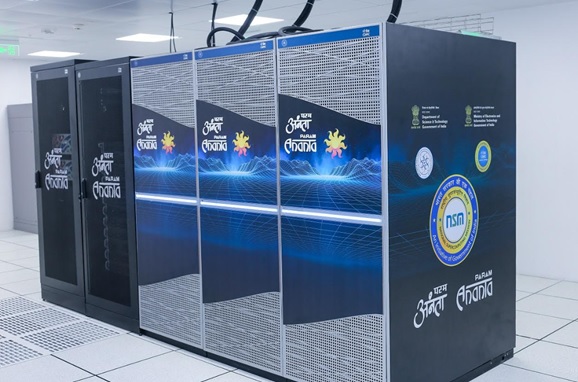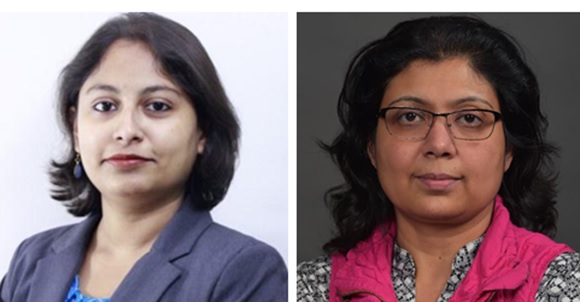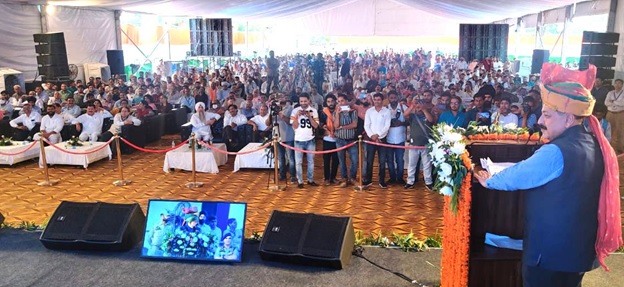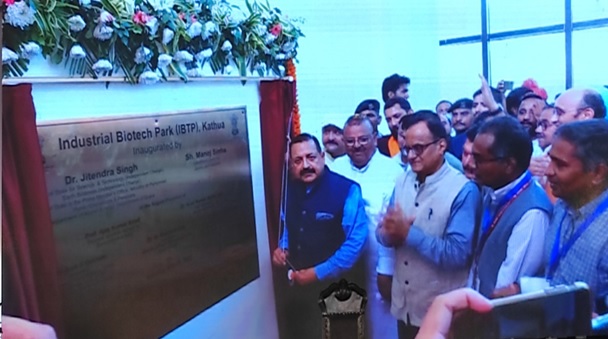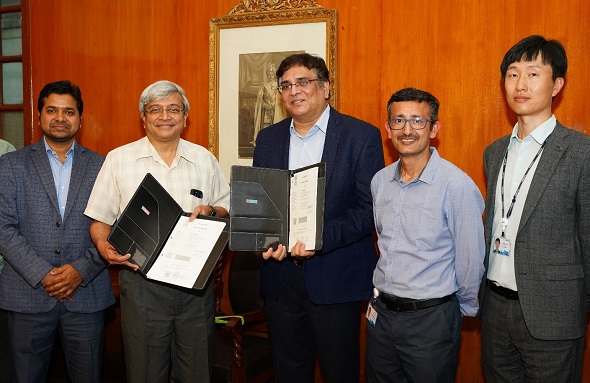
Samsung Semiconductor India Research (SSIR) and the Indian Institute of Science (IISc), Bengaluru, have joined hands to promote research and development in the field of on-chip Electrostatic Discharge (ESD) protection. Approximately 20% of Integrated Circuit (IC) failures are caused by ESD events, as the intense heat from the charge melts or vaporizes its tiny parts.
ESD is the release of static electricity when two surfaces come into contact. Common examples of ESD include the shock we experience when touching a metal doorknob or while wearing woollen clothes during winter. A more extreme example of ESD is a lightning bolt. The heat from the ESD event is exceptionally high, although we may not feel it when we are shocked. However, when the charge is released onto an electronic device such as an Integrated Circuit (IC), it can cause damage leading to device failure.
The partnership between IISc and SSIR seeks to build cutting-edge ESD device solutions to protect ultra-high-speed serial interfaces in advanced ICs and system-on-chip (SoC) products. Prof. Mayank Shrivastava’s group will carry out the research at the Department of Electronic Systems Engineering (DESE), IISc. Solutions arising from this research will be deployed in Samsung’s advanced process nodes, says the statement issued by the IISc.
ICs and SoCs are essential for practically any small or big system we see around us. They are susceptible to ESD failures, especially those developed using advanced nanoscale CMOS (Complementary Metal Oxide Semiconductor) technologies. The design of ESD Protection Devices has always a critical area in IC design. IISc is one of the few institutes in the world leading ESD device research.
Samsung Semiconductor India Research (SSIR) and the Indian Institute of Science (IISc), Bengaluru, have joined hands to promote research and development in the field of on-chip Electrostatic Discharge (ESD) protection. Approximately 20% of Integrated Circuit (IC) failures are caused by ESD events, as the intense heat from the charge melts or vaporizes its tiny parts.

The research agreement was exchanged between Balajee Sowrirajan, CVP & MD at Samsung Semiconductor India Research, and Prof. Govindan Rangarajan, Director, Indian Institute of Science (IISc), Bengaluru, in the presence of delegates from Samsung and IISc.
“We are glad to partner with IISc to boost semiconductor innovation and envisage developing ESD knowledge along with expertise available in IISc. Our goal is also to increase capacity building through training programs at the postgraduate level, opening up opportunities for students to pursue industry internships, and encourage entrepreneurial ventures by young researchers,” said Balajee Sowrirajan, CVP & MD, SSIR.
Commenting on the partnership, Prof. Govindan Rangarajan, Director, IISc, said, “We are excited to collaborate with Samsung Semiconductor India Research in the crucial area of advanced nanoelectronics device research. The partnership reinforces our commitment to strengthen industry-academia engagements that can make a significant impact in the coming years.”
Samsung Semiconductor India Research, a subsidiary of Samsung Electronics, is the technology hub working on both hardware development as well as software-powered solutions in semiconductor technologies. Its partnership with IISc may help in semiconductor innovation needed for the next generation of hyperintelligent devices.
“We have been collaborating extensively with semiconductor industries worldwide on advanced nanoelectronics technologies, including solutions to ESD reliability threats to advanced SoCs. We have carried out both fundamental and applied research on ESD protection devices, with a strong emphasis on creating practical solutions for the semiconductor industry in a range of technology nodes,” said Prof. Mayank Shrivastava, who heads the MSDLab and will be leading this collaborative effort.
India Science Wire
ISW/SM/ESD/IISc/Eng/09/02/2023

